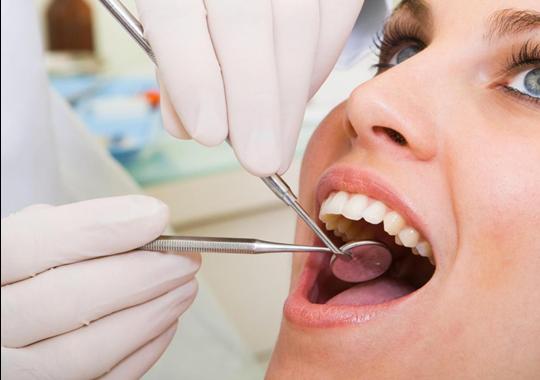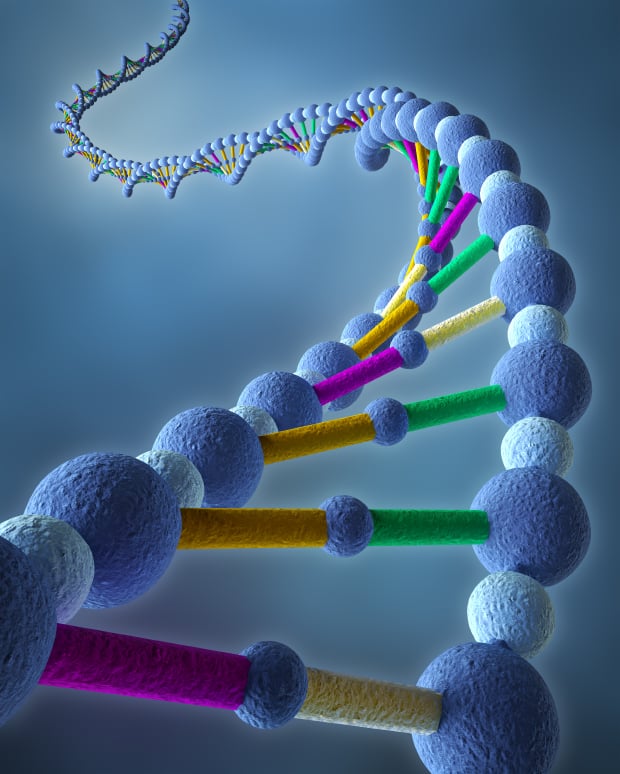April is Oral Cancer Awareness Month
More than 43,000 Americans will be diagnosed with oral cancer this year. According to the National Cancer Institute, oral cancer is more common than leukemia, skin melanoma, and cancers of the brain, liver, bone, thyroid, ovaries, and cervix. It is a major cause of disfigurement and death in the United States.
Oral cancer includes cancers found in the mouth, on the tongue, lips, throat, parts of the nose, and larynx. Seventy five percent of these cancers are caused by tobacco and alcohol. Infection with the sexually transmitted human papillomavirus (HPV) has been linked to a subset of oral cancers.
Current Statistics on Oral Cancer
Read More.png?width=305&height=132&name=NIHAlogoBLUE_3_transparent%20(2).png)








